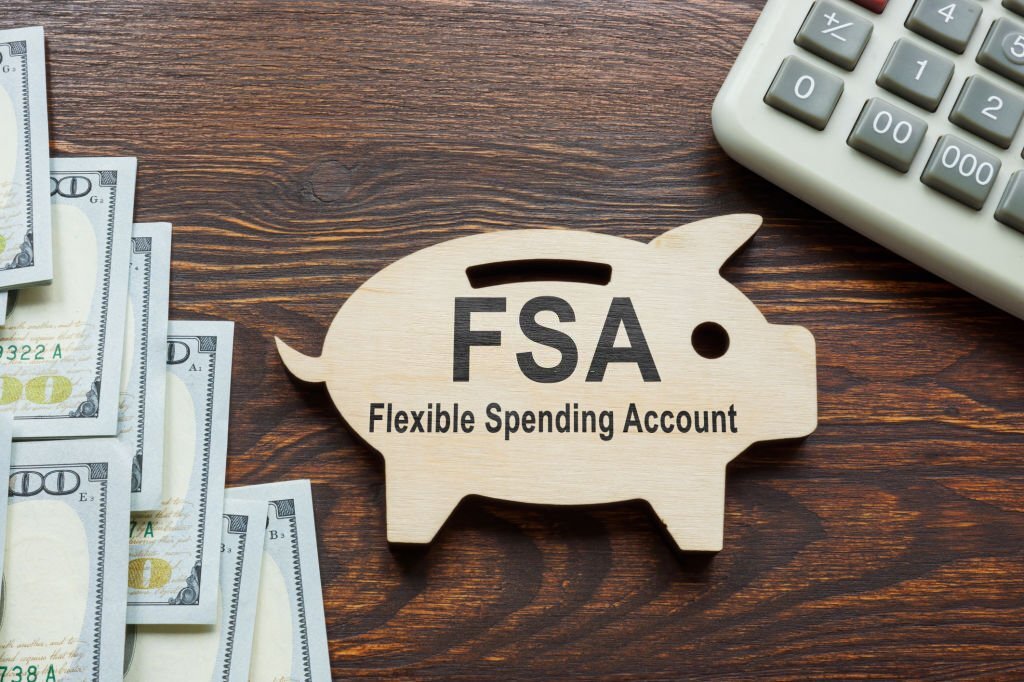By Kristin F. Dalton, Staten Island Advance, N.Y. (TNS)
Set up through your employer, flexible spending accounts—also called FSAs or flex accounts—allow employees to put pre-tax dollars into an account with a linked debit card that can be used on eligible healthcare items and services.
Money that’s put into flexible spending accounts must be used by Dec. 31 each year or you lose it—however, some employers may allow you to roll over a portion of unused money, with a maximum amount of $570, to the next year.
According to a CNBC report, about one-third of companies give employees a two-and-a-half-month grace period to spend money in the flexible spending account, and nearly half of companies allow employees to roll over a limited amount of money to the following year, according to the Employee Benefit Research Institute.
What can you purchase with money in your flexible spending account?
Common eligible items that can be purchased with FSA funds are frequently used products like Tylenol, Motrin, cough and cold medication, band aids, vitamins, sunscreen, heating pads, thermometer, antacids and other over-the-counter medications.
Even though many over-the-counter items are eligible, depending on your individual plan, they may require a doctor’s prescription.
Doctor’s office visits and prescription co-payments can also be paid using money from a flexible spending account.
But there are other items that you may not have known are eligible. Check out the list below before the clock strikes midnight on Dec. 31:
- Menstrual care items — In 2020 when the CARES Act was passed by Congress, it amended the Internal Revenue Code of 1986 by adding the Inclusion of Certain Over-the-Counter Medical Products as Qualified Medical Expenses, making tampons, pads, liners, cups, sponges and other menstruation products FSA eligible.
- Coronavirus at-home tests — During the pandemic, rapid at-home COVID-19 tests, hand sanitizer, masks, and other personal protective equipment were permanently added as FSA-eligible items.
- Breast pump and accessories — Breast pumps—electric, manual, and hands-free—are FSA eligible, as well as breastmilk storage accessories like bags, coolers, wipes, ice packs, replacement parts and other related items.
- Prescription eyeglasses
- 23andMe Health Service — The at-home saliva testing kit that provides personalized genetic information is FSA eligible.
- Family planning — Condoms, pregnancy tests, and ovulation tests are FSA eligible.
- Humidifiers
- Owlet baby monitor — A baby monitor that comes with a sock that monitors and records your child’s heart rate, oxygen level, and tracks their sleep habits.
- Acne products — Cleansers, face washes, spot treatments, and even light therapy masks and free-standing lights are FSA eligible.
- NightGuard dental protector
- Blood pressure monitor
- Fertility treatments
For a list of FSA eligible items visit FSAstore.com; you can also request a list of items from your employer and/or insurance company as some items vary by your employer’s insurance plan.
_____
(c)2022 Staten Island Advance, N.Y. Visit www.silive.com. Distributed by Tribune Content Agency LLC.
Thanks for reading CPA Practice Advisor!
Subscribe Already registered? Log In
Need more information? Read the FAQs
Tags: Payroll




